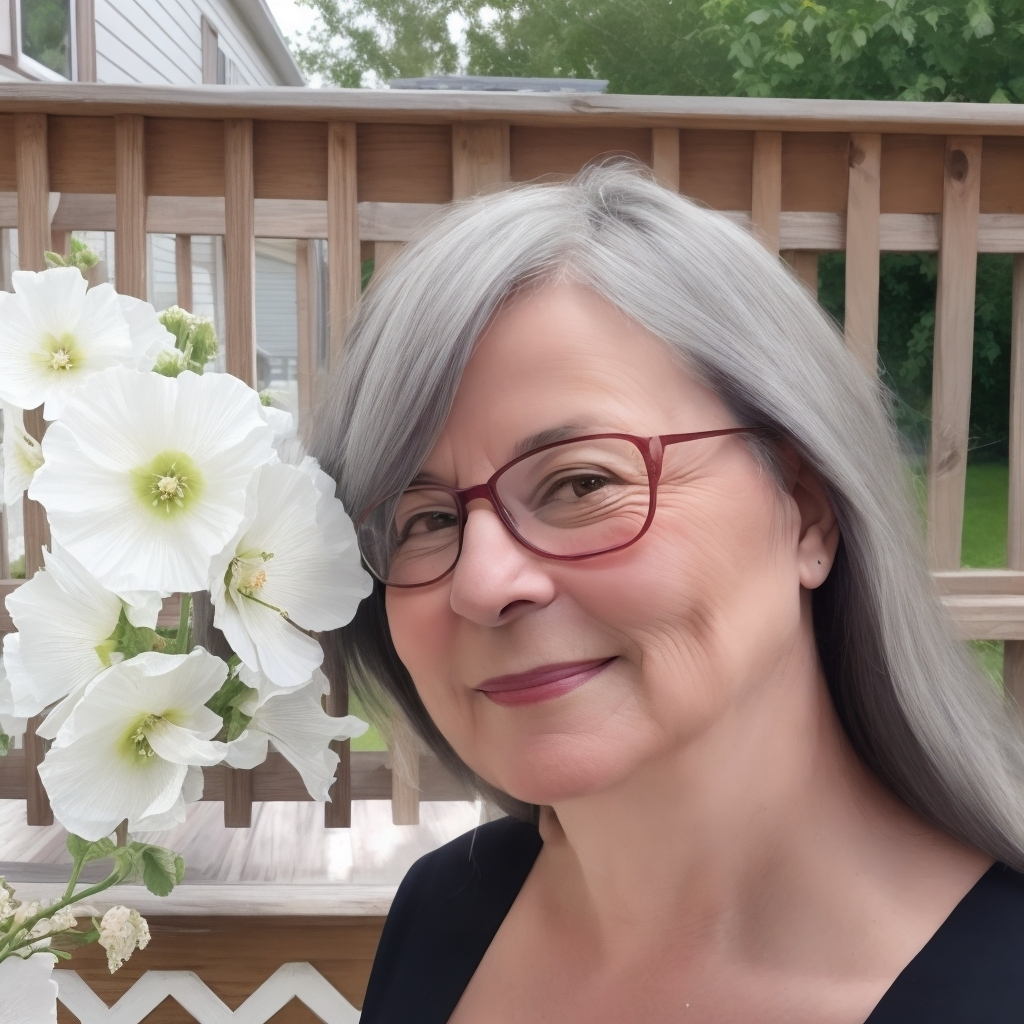“Too Good”: Embracing the Complexity of Human Nature
“You’re too good to do that.” It’s a phrase many of us have heard at some point, often delivered with the best intentions. On the surface, it sounds like a compliment, a nod to our inherent kindness or moral integrity. But if we peel back the layers, it reveals a more complex truth – one that can feel limiting and confining.
When someone tells us we’re “too good” to engage in certain behaviors or explore particular interests, they are, perhaps unknowingly, placing us in a box. This box is defined by their perception of who we are or should be, and it often comes with invisible boundaries that stifle our growth and self-expression. As someone who values personal growth and the richness of human experience, I find this phrase particularly frustrating.
Let’s start by unpacking what it means to be “too good.” Goodness, in this context, is often associated with traits like kindness, empathy, and a sense of moral righteousness. These are undoubtedly positive qualities, but when they are used to define the entirety of a person, they become restrictive. The truth is, being good does not mean being incapable of understanding or engaging with the darker, more complex aspects of life. It means approaching these aspects with a particular sensitivity and awareness.
I recall a period in my life when I was experimenting with new forms of art that deviated from my usual style. They were edgier, darker, and more provocative. A well-meaning friend remarked, “Tesie, you’re too good to create something like that.” While their intention was to compliment my character, it felt more like a subtle reprimand. It was as if they were saying, “Stay in your lane.”
For those of us who are deeply committed to self-improvement and personal growth, being told we’re “too good” can feel like a form of emotional or intellectual containment. It’s as if our potential is being capped by someone else’s limited view of what we are capable of. But here’s the thing: our goodness – our empathy, kindness, and moral compass – is not a limitation. It’s a unique lens through which we can explore the full spectrum of human experience.
Being good doesn’t mean we shy away from the complexities and challenges of life. On the contrary, it means we face them with a sense of compassion and integrity that others might not possess. It means we can navigate morally ambiguous situations with an innate sense of balance and understanding.
When I hear someone say, “You’re too good,” I choose to interpret it differently. Rather than seeing it as a restriction, I see it as a recognition of my unique approach to the world. My goodness is not a barrier; it’s a foundation. It provides me with a stable base from which I can explore, experiment, and evolve.
In a world that often celebrates extremes and sensationalism, embracing our goodness can feel like an act of rebellion. It means choosing to approach life with a sense of balance, empathy, and moral clarity, even when it would be easier to give in to cynicism or despair. It means seeing the potential for growth and learning in every challenge, and recognizing the value of our unique perspective.
So, the next time someone tells you that you’re “too good” to do something, take it as a reminder of your strength and complexity. Embrace your goodness, but don’t let it confine you. Use it as a tool to navigate the world in a way that is uniquely yours. Life is too rich and varied to be viewed through a single lens, and you are too magnificent to be defined by anyone else’s expectations.
Let’s challenge ourselves to push the boundaries of what it means to be “good.” Let’s redefine it on our own terms, celebrating our ability to grow, to learn, and to transform. Goodness is not a static trait; it’s a dynamic process of becoming. It’s about striving to be better, not because we are perfect, but because we understand the value of continuous improvement.
In the end, being “too good” is not a limitation – it’s an invitation. It’s an invitation to explore the depths of our humanity, to embrace the full range of our emotions and experiences, and to connect with others in a meaningful way. It’s a call to live authentically and courageously, guided by our inner sense of compassion and integrity.
So, let’s embrace our goodness with pride and use it as a springboard for personal and collective growth. After all, isn’t that the essence of our journey?
With love and light, Tesie Mills

